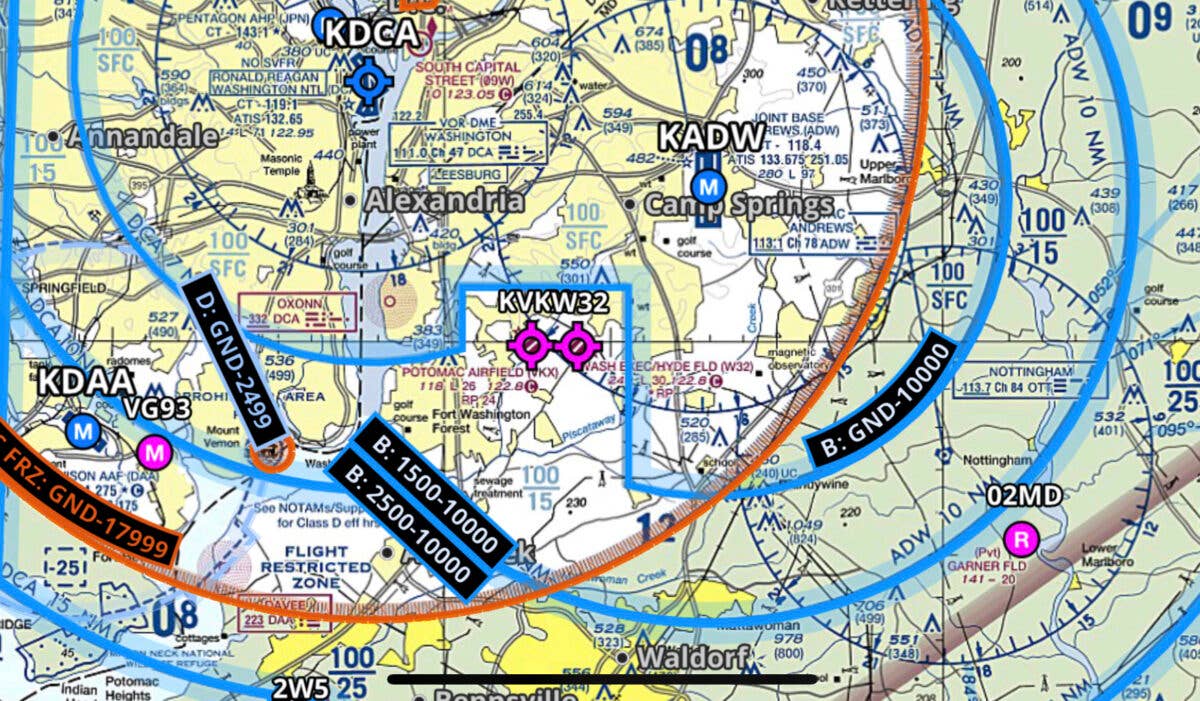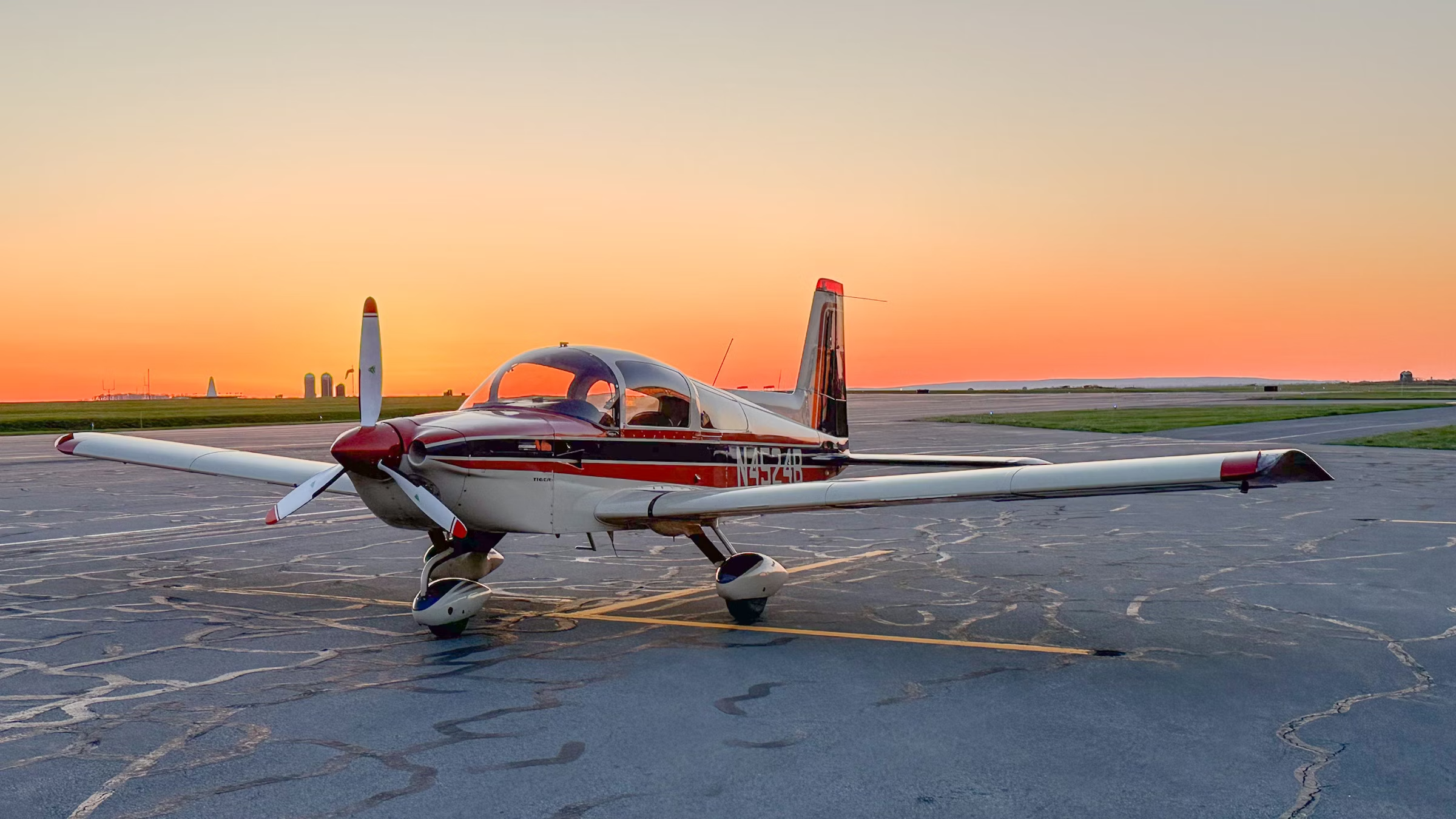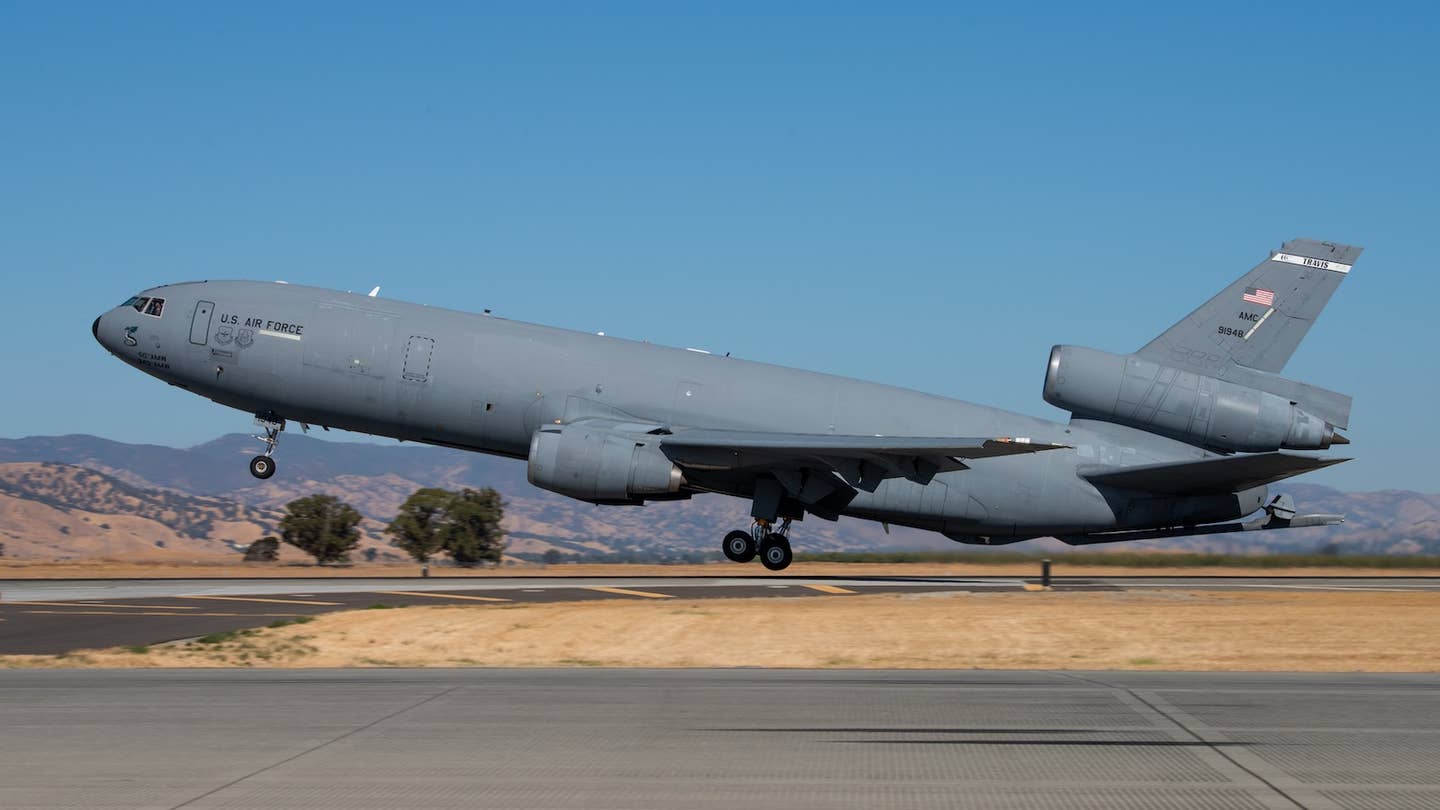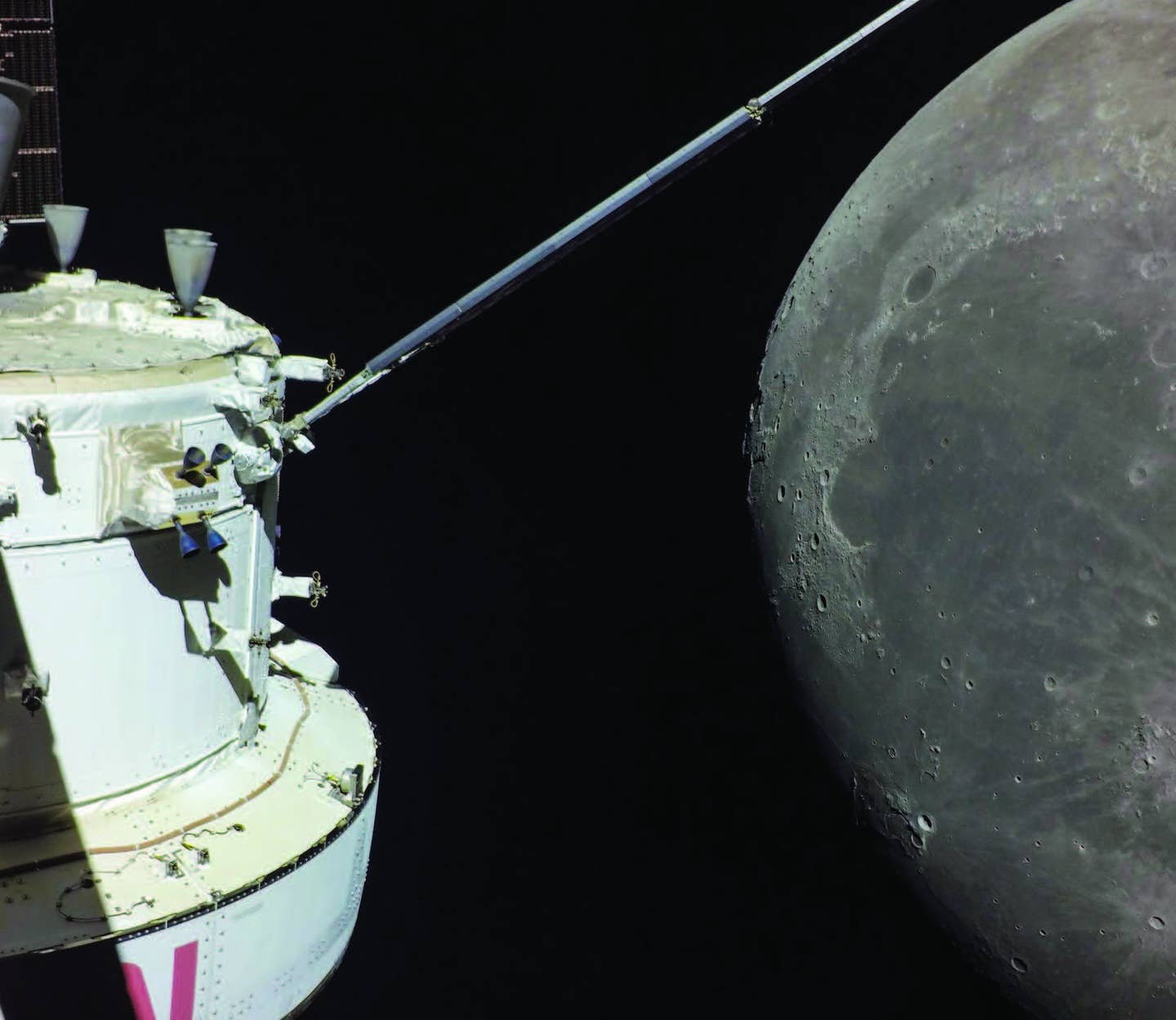Hyde Field Closes, Bringing ‘The DC3’ Down to Just Two
The final exodus of airport tenants was to be completed by November 30.

As of November 30, airport operations at Washington Executive Airpark (W32), in Clinton, Maryland, have officially ceased. [Courtesy: ForeFlight]
What has long been expected amongst Washington, D.C.-area pilots has now come to pass: As of November 30, airport operations at Washington Executive Airpark (W32), in Clinton, Maryland, have officially ceased.
Also known as Hyde Field, the privately owned, public-use airport closed last week following bankruptcy proceedings. The new owners, Ryan Homes, have taken over, and it did so with no intention of maintaining airport operations.
The bankruptcy had been brewing for some time, with a combination of factors contributing to the field’s slow erosion and shutdown.
“We’ve known about Hyde for a good 20 years now, so it’s not a surprise,” said Ashish Solanki, director of the office of regional aviation assistance for the Maryland Department of Transportation’s Aviation Administration, in an interview with FLYING. The end feels abrupt, regardless.
One of the ‘DC3’
The airport falls within the roughly 15-nm flight restricted zone (FRZ) surrounding the nation’s capital and based on the DCA VOR. When the terrorist attacks of 9/11 closed down airspace temporarily around Washington, three GA airports within the ring also closed for a period, at first only reopening to those pilots and aircraft owners based there. Now, pilots who go through a vetting process can obtain a code to use these airports, which also include Potomac Airfield (KVKX)—nearly adjacent to Hyde—and College Park Airport (KCGS).
While operations at College Park and Potomac remain rather vibrant, Hyde has suffered from a slow drain of investment and based airplanes. In recent years, the field’s private owners have operated under bankruptcy, with leases termed month to month, according to Solanki. Some owners sought hangar space elsewhere—but that’s at a premium in the D.C. region, as it is in most metro areas.
Less than a dozen aircraft remain today, likely with owners who are away or in the midst of maintenance. Though the new airport property owner has been public about the closure and discontinuance of operations, anecdotally it is working with individuals on the movement of aircraft from the field.
“We still have viable airports in the area, and that’s what we have been encouraging as outreach,” said Solanki. “There are tiedowns and open ramp space available—but hangar space is much tighter. We’re seeing interest but not much momentum on developing new hangar buildings.”
Potomac and Maryland Airport (2W5) in Indian Head lie nearest to Hyde, and both airport owners have expressed interest in constructing more hangars, according to Solanki, but there are challenges in financing as well as in permitting. There’s a longer time frame involved than the end of the year, obviously.
And, with relatively low hangar rents at the now-closed Hyde, tenants forced to move will likely encounter an increased monthly outlay once they do secure a hangar.
On Privately Owned Airports
FLYING asked Solanki about the unique relationship that exists between private owners of public-use airports, and the aviation community in Maryland. In general, whatever the owner wants to do with the airport in the future, “that’s fine, but for now you are a public-use airport—so there’s an expectation. Maintain the runway, lights, and basic services.”
Another Maryland airport inside the special flight rules area (SFRA) and under the Washington Class B also faces an uncertain closure time frame—Freeway Airport (W00), in Mitchellville. Its private owners have inherited the property from the original family members that built it—and they already have an exit plan secured with a land developer.
The plans are in place to move quickly to settlement once the developer is ready to pull the trigger, but they need to secure the permits for the development first, which may take another year or 18 months. Aircraft owners will need to determine the timing of their exodus soon, too.

Sign-up for newsletters & special offers!
Get the latest FLYING stories & special offers delivered directly to your inbox






